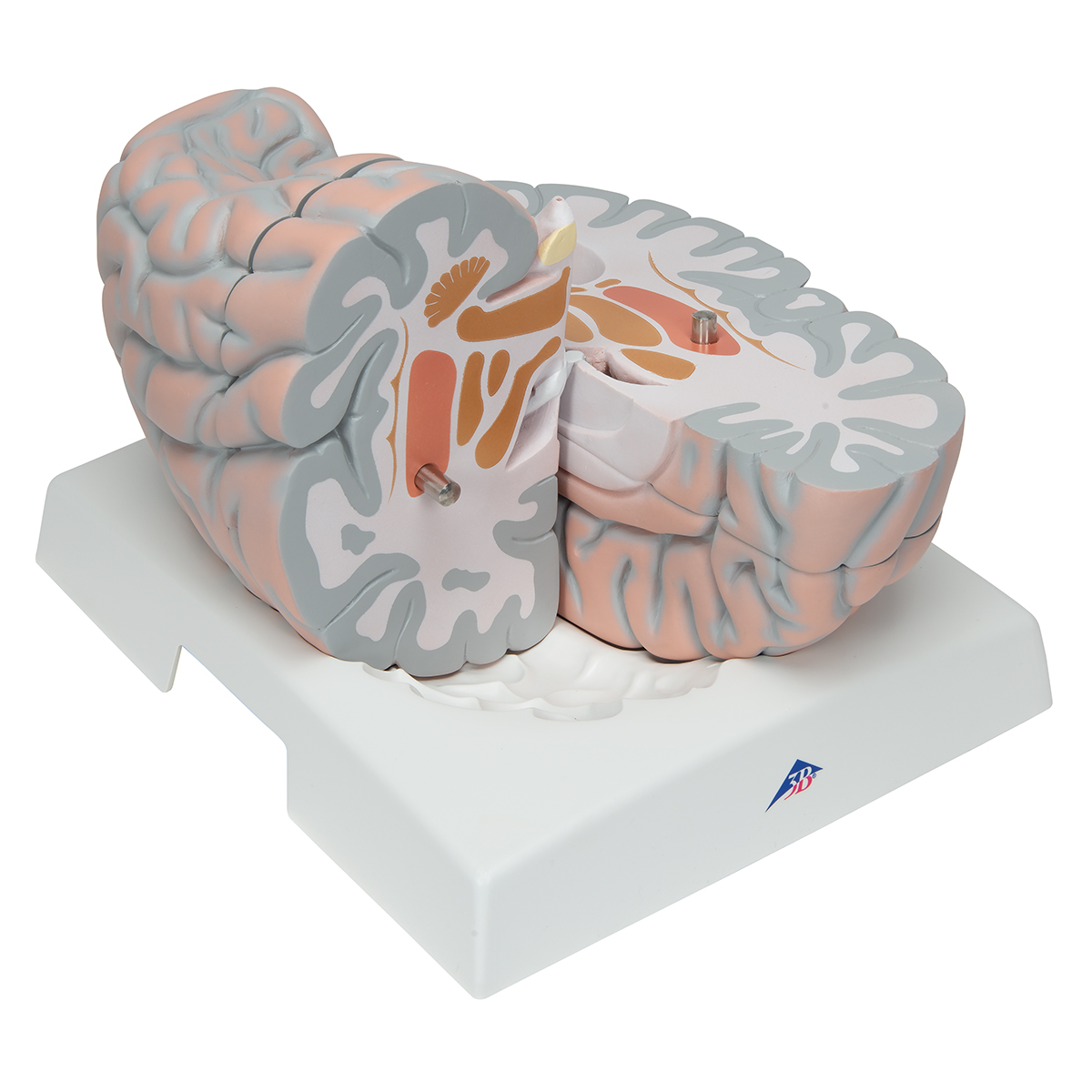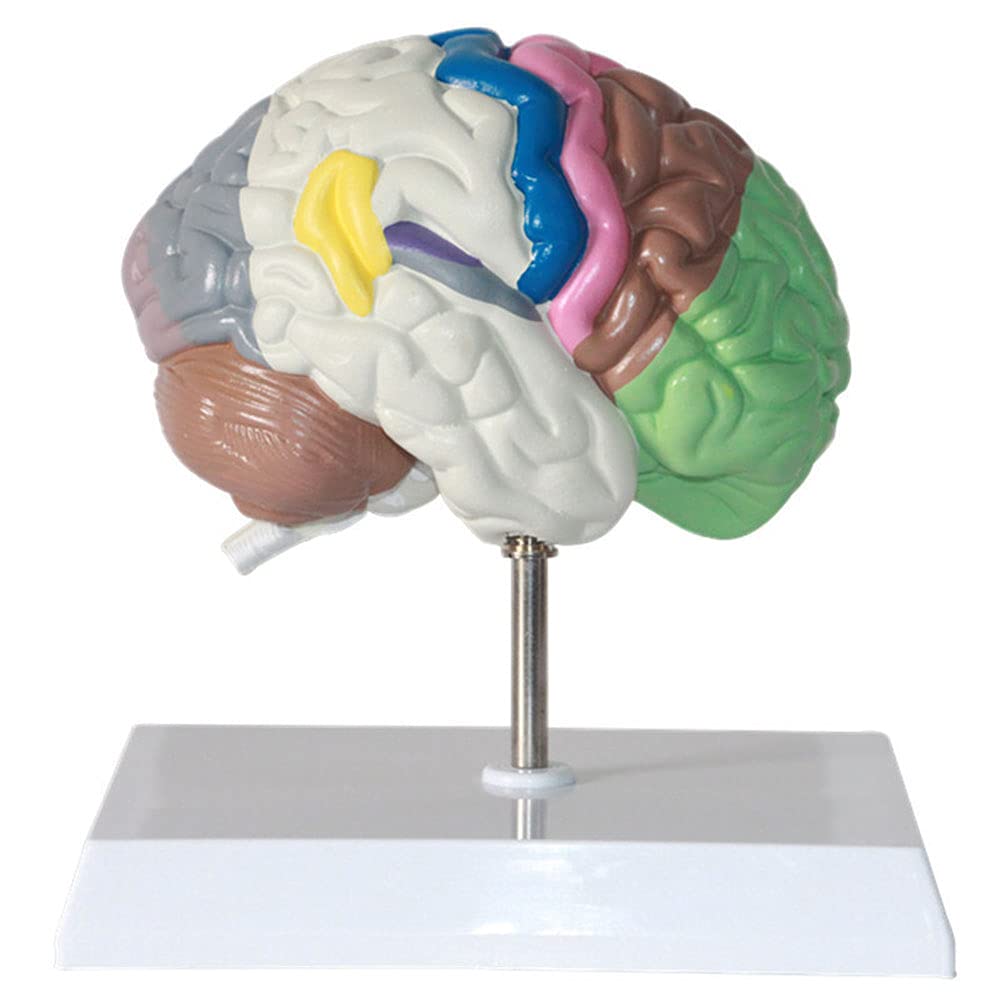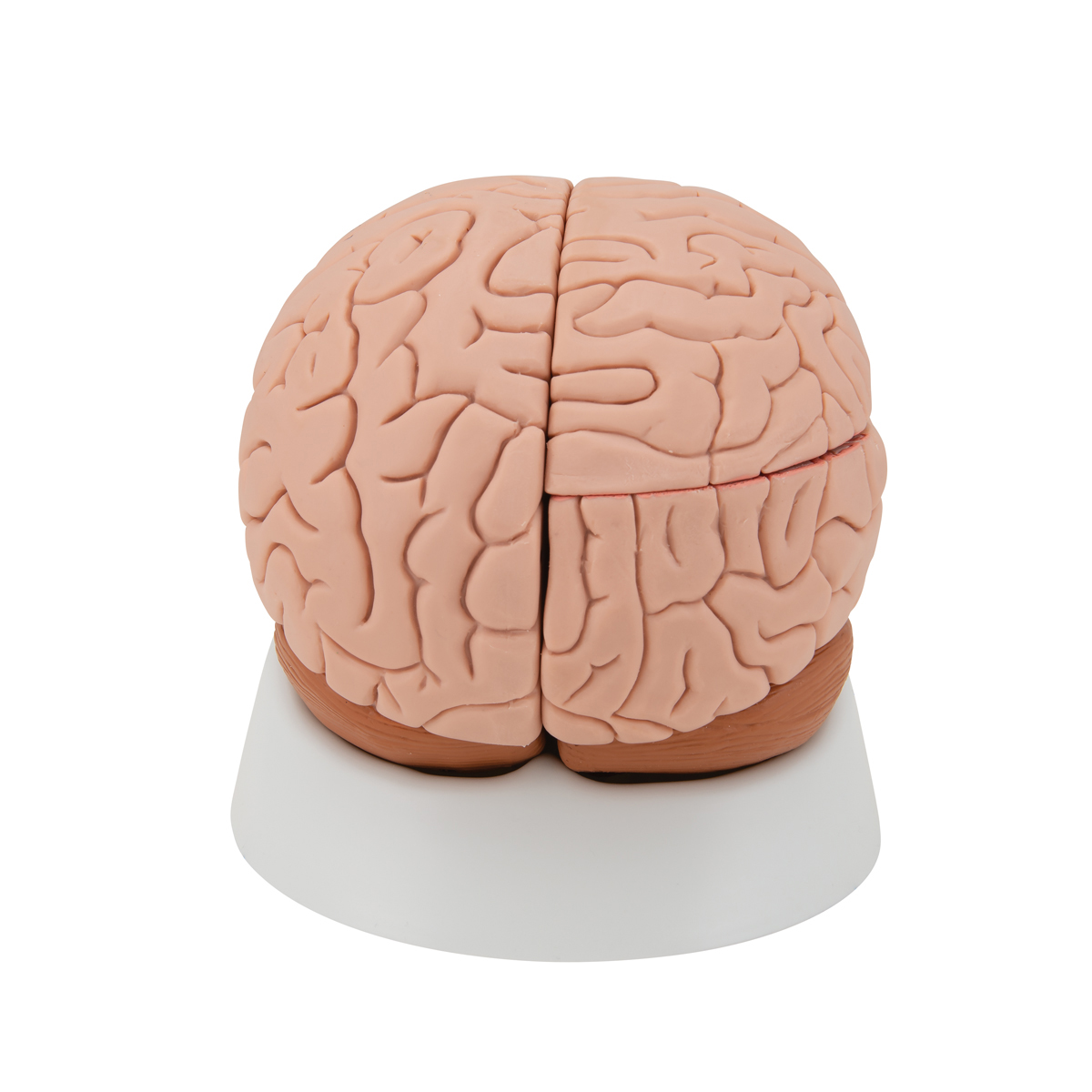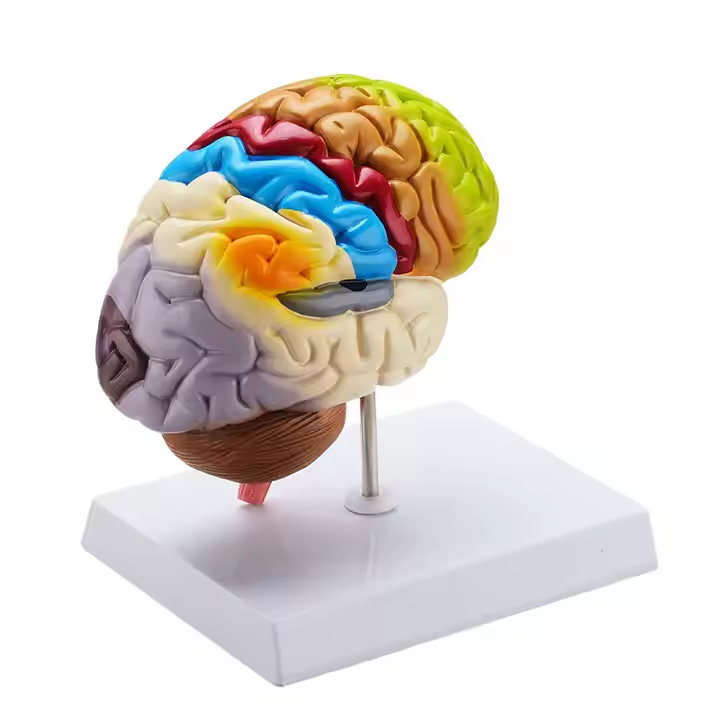Understanding Brain Fog After Surgery
Brain fog after surgery is a common experience for many patients. This condition can manifest in various ways, affecting cognitive function. It typically includes symptoms like confusion, difficulty concentrating, and forgetfulness. Although brain fog can be frustrating, it is essential to understand this phenomenon. Knowledge about its causes can pave the way for better management.
The Science Behind Brain Fog
Brain fog often arises due to the body undergoing significant stress. Surgery triggers a physical response that may lead to inflammation. Inflammation can impact the brain and its overall functioning. Additionally, anesthesia affects neurotransmitters, which play a crucial role in cognitive function. The recovery process can further complicate this, potentially prolonging symptoms.
Various factors influence the extent of brain fog one experiences. Age and overall health are significant factors. Older patients may find it takes longer to recover from surgery. Those with pre-existing cognitive issues might experience heightened brain fog after surgical procedures. Understanding these factors can help anticipate what lies ahead.
Moreover, medications used during and post-surgery can contribute to cognitive issues. Pain relief medications, particularly opioids, are frequently implicated. These medications can impair cognitive function, making it harder to concentrate or focus. Awareness of these side effects is essential when discussing postoperative care with healthcare providers.
Hydration is another critical aspect that affects cognitive performance. Dehydration can exacerbate feelings of confusion and concentration problems. Patients must remember to drink enough water during recovery. Prioritizing hydration can significantly improve overall brain function post-surgery.

Lifestyle Factors That Contribute
Several lifestyle factors play a role in brain fog after surgery. Sleep quality is critical for cognitive health. Patients often struggle with sleep disturbance following surgery. Pain or discomfort can hinder the ability to achieve restful sleep, resulting in increased fatigue and confusion. Establishing a calming pre-sleep environment may help improve sleep quality.
Nutrition is another vital component of recovery. Diet directly influences energy levels and cognitive function. A balanced diet rich in vitamins and minerals can support brain health. Foods rich in omega-3 fatty acids, antioxidants, and B vitamins are particularly beneficial. Incorporating these into the diet can aid in easing symptoms of brain fog.
Incorporating light physical activity post-surgery can also aid recovery. Gentle movement promotes blood circulation, which helps the brain. Increased blood flow can promote the healing process and enhance cognitive clarity. Engaging in walking or stretching exercises can elevate energy levels too.
Mental exercises can further assist in overcoming cognitive difficulties. Puzzles, reading, or even light games can stimulate brain function. Keeping the mind engaged helps in reducing feelings of fogginess. Simple activities can provide much-needed mental stimulation and focus.
Managing Brain Fog After Surgery
Effective strategies exist for managing brain fog after surgery. Staying organized can alleviate some of the mental burdens. Creating lists and using calendars can help keep track of medications, appointments, and tasks. This organization can ease feelings of overwhelm during recovery.
Time management is equally essential. Setting specific times for activities can help create structure in the day. Breaking tasks into smaller, manageable segments gives a sense of accomplishment. Patients should listen to their bodies and take breaks when needed. Understanding one’s limits is crucial for effective recovery.
Support systems play a vital role in managing brain fog. Encouragement from family or friends can provide emotional and practical assistance. They can help with daily tasks, ensuring that the patient does not feel overwhelmed. Sharing experiences can create a supportive environment, easing the cognitive load.
Seeking professional help is also important. If brain fog persists or worsens, consider discussing it with a healthcare provider. Evaluating the underlying causes is essential for effective treatment. Providers may suggest therapies, medications, or lifestyle changes to address ongoing concerns.
Staying informed about the surgery and recovery process can empower patients. Knowledge builds confidence and eases anxiety. Understanding the nature of brain fog helps normalize this post-surgical experience. Educating oneself about brain health and recovery strategies makes for better outcomes.

The Role of Anesthesia
Anesthesia is a significant contributor to brain fog after surgery. Different types of anesthesia affect individuals differently. General anesthesia can lead to more pronounced symptoms of confusion and disorientation. Understanding the type of anesthesia used can help in anticipating potential challenges.
The duration of surgery can impact the degree of cognitive impairment. Longer surgical procedures often lead to more extended recovery periods. Postoperative care should take into account the effects of prolonged anesthesia exposure. Awareness of these factors can enhance communication with the surgical team.
Most effects of anesthesia are temporary, but it is essential to monitor them closely. Patients should observe changes in cognitive function for weeks following surgery. Normal patterns of thinking should gradually return as the body heals. Keeping a record of any symptoms can assist healthcare providers in tailoring care.
Communication with caregivers is critical during the recovery process. Inform them about any cognitive changes experienced post-surgery. Caregivers can provide necessary support, ensuring a smoother transition back to daily life. Sharing experiences and feelings can mitigate the feelings of isolation during recovery.
Patients can also discuss possible alternatives to anesthesia with their healthcare team. Some surgeries may allow for regional anesthetics or sedation, which might minimize cognitive effects. Exploring all options beforehand can ease concerns and help manage expectations.

Psychological Factors
Psychological factors also contribute to brain fog after surgery. Anxiety and depression are common after undergoing surgical procedures. Emotional responses can manifest as cognitive difficulties. Patients may feel overwhelmed or fear complications during recovery. Addressing these feelings is vital for effective recovery.
Recognizing signs of anxiety or depression can facilitate appropriate intervention. Simple relaxation techniques, such as deep breathing, can reduce stress. Practicing mindfulness and meditation may also provide benefits. Engaging in these practices promotes a sense of calm and improved focus.
Additionally, engaging in calming activities can help alleviate mental distress. Gentle yoga, reading, or listening to music can provide distraction. Finding joy in simple things is crucial during the recovery process. Maintaining positivity can counteract feelings of fogginess and confusion.
Seeking counseling or therapy can be beneficial for coping with difficult emotions. Professional support provides strategies to manage both mental and cognitive challenges. Sharing thoughts and feelings may lead to valuable insights. This process can transform recovery into a more manageable experience.
Family and friends can offer vital emotional support too. Discussing feelings with loved ones can provide comfort. Establishing open lines of communication is essential in navigating post-surgical challenges. Engaging in conversations helps reduce the feeling of isolation while recovering.

Importance of Follow-Up Care
Follow-up care is crucial after surgery, particularly regarding brain fog. Regular check-ups provide an opportunity to discuss ongoing concerns. Healthcare providers can evaluate cognitive function and offer suggestions. These appointments ensure everyone remains informed about the recovery process.
Monitoring progress is essential for identifying any lingering cognitive issues. Patients should actively discuss any new or worsening symptoms. Keeping an open dialogue helps providers make informed clinical decisions. Adjustments in pain management or cognitive therapies may be necessary based on feedback.
Furthermore, follow-up appointments create a space for addressing questions and concerns. Patients may have uncertainties about their recovery trajectories. Clarifying expectations can assuage apprehensions, fostering a sense of control. This empowerment is vital for maintaining mental well-being during recovery.
Caregiver involvement in follow-ups is also essential. Having someone supportive can provide additional insight into cognitive changes. Caregivers often notice concerns that patients might overlook. Their observations can lead to meaningful discussions with healthcare providers.
Overall, consistent follow-up can significantly improve outcomes after surgery. It reinforces the importance of addressing both physical and cognitive recovery. Patients must prioritize these appointments to enhance their understanding and manage expectations effectively.
Seeking Holistic Approaches
Holistic approaches can be beneficial for managing brain fog after surgery. These methods focus on the whole person rather than just physical symptoms. Emphasizing mental, emotional, and physical well-being can provide comprehensive support. Integrative strategies might promote effective recovery.
Nutrition plays a central role in holistic healing. A diet rich in whole foods can enhance cognitive function. Emphasizing fruits, vegetables, whole grains, and healthy fats can promote brain health. Consulting a nutritionist may provide personalized dietary recommendations.
Physical activities should also be incorporated into the recovery plan. Gentle exercises like walking, yoga, or swimming promote blood flow and oxygenation. These activities not only benefit physical health but also enhance mood and cognitive function. Patients should engage in activities they enjoy to encourage consistency.
Mind-body practices, such as meditation and mindfulness, can reduce stress. Incorporating daily meditation can lead to improved focus and clarity. These practices cultivate awareness, helping patients manage emotional responses. Finding moments of stillness may counteract feelings of confusion.
Complementary therapies, such as acupuncture or massage, also hold promise. These approaches may alleviate physical discomfort while promoting relaxation. Exploring various options can help patients find the most effective methods for their situations. Ultimately, holistic practices aim to facilitate a balanced recovery.

Conclusion: Embracing the Recovery Journey
Brain fog after surgery, while challenging, is a typical part of the recovery process. Understanding its root causes allows better management of symptoms. By taking proactive steps, individuals can navigate their recovery with confidence. Addressing not just physical health but also mental well-being fosters a more holistic approach.
Communicating openly with healthcare teams will enhance understanding and care. Regular follow-ups, nutritional support, and mental engagement are vital for recovery. Additionally, involving caregivers ensures that support systems remain intact throughout. This partnership encourages a collaborative recovery effort.
Seeking various strategies to manage brain fog can yield positive results. Each patient’s journey is unique, and customizing a plan is critical. Embracing supportive practices, such as mindfulness or nutritional counseling, can transform the recovery experience.
Patience remains crucial during this period. Cognitive function should gradually improve as the body heals. Recognizing this process can foster a sense of normalcy during recovery. Brain fog does not define a person’s full recovery potential.
Patients are encouraged to embrace their individual journeys while recovering. It is essential to celebrate small victories. Recognizing each improvement can motivate and inspire further progress. Through understanding, support, and adaptability, overcoming brain fog becomes achievable.
